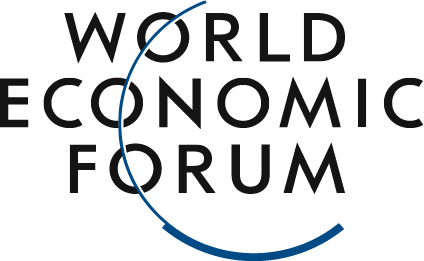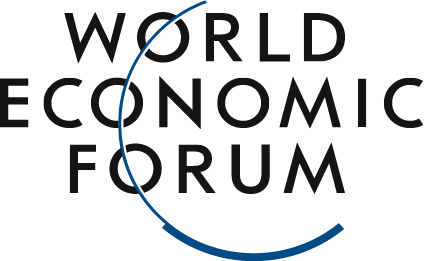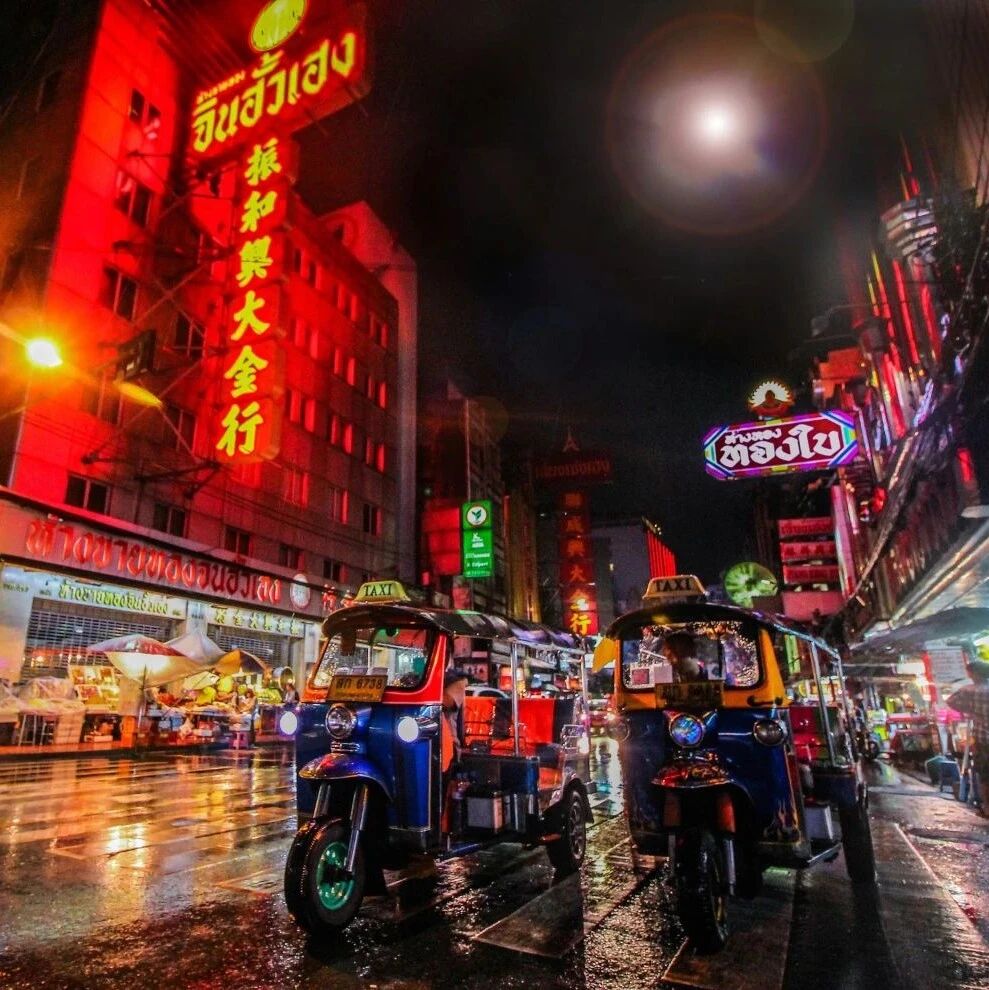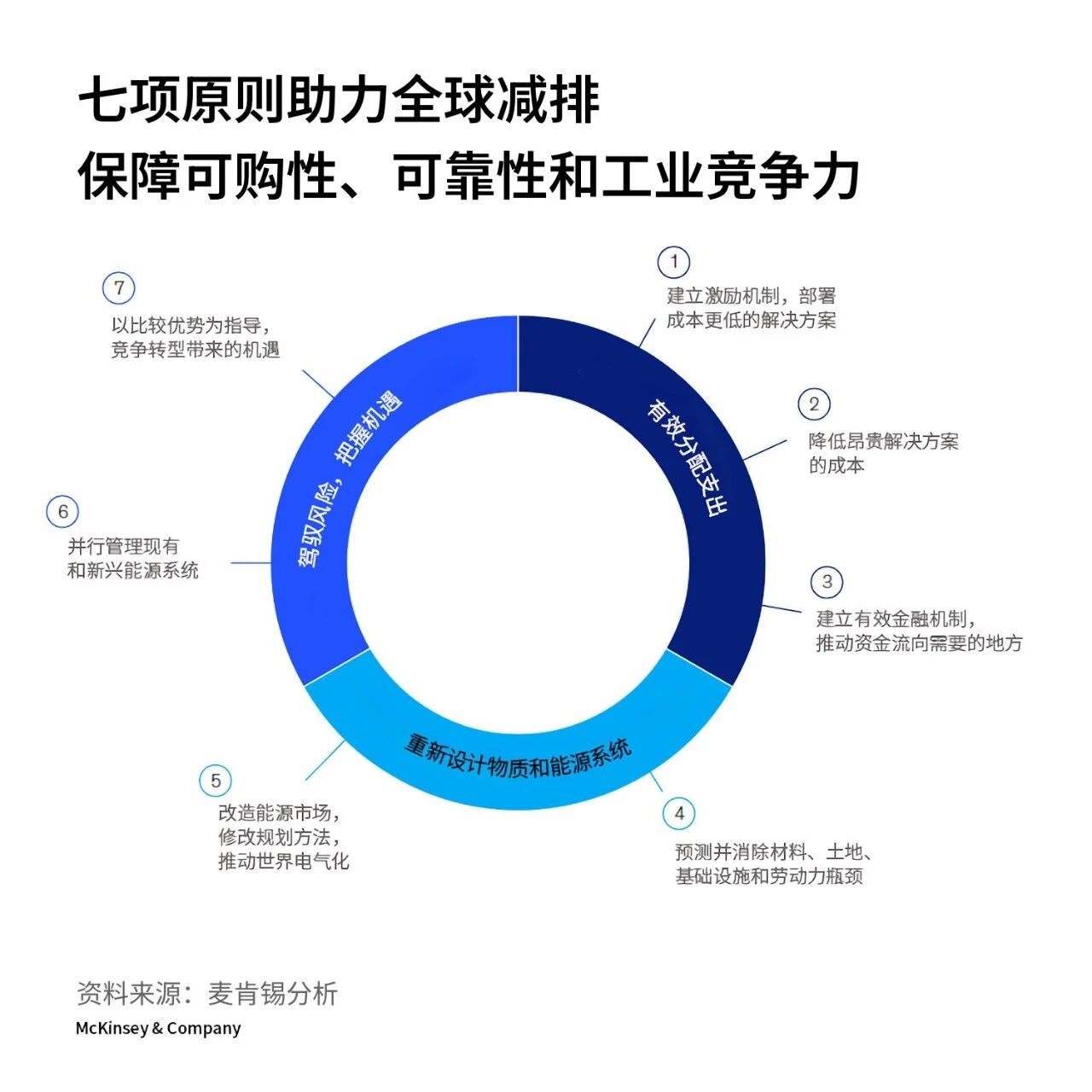Global risks require careful management.
Image source:Shutterstock
Maha Hosain Aziz
Professor of International Relations at New York University
The post-pandemic era is being shaped by heightened global risks and unpredictable shock events.
In the post-superpower era, power is becoming more decentralized, and governments around the world are struggling to address recurring crises of political legitimacy.
Climate change and artificial intelligence are exacerbating the persistent pandemic-related mental health crisis.
Since the World Health Organization declared the end of the COVID-19 pandemic's emergency phase last May, other threats have continued to escalate—new variants, global conflicts, climate-related disasters, technological challenges, terrorist activities in Western countries, and even a growing international concern over a new public health emergency called mpox. So, what else might the future hold?This analysis, based on a joint forecasting project conducted with NYU graduate students and experts from the crowdsourced consulting firm Wikistrat, outlines the global risk trends expected to gain attention over the next decade.1. The Fragmentation of Power in the Post-Superpower EraMost citizens would agree that world leaders, including those from the Group of Seven and the Group of 20, have largely failed to play the role they should have in tackling the COVID-19 pandemic. Since the crisis has eased, the reality is that we haven’t seen much in the way of sustained global leadership—and it’s hard to imagine this situation changing anytime soon. Part of the reason lies in the heavy burdens imposed by global conflicts and domestic challenges weighing down the superpowers.Of course, these major powers will continue to wield significant influence, competing with one another and striving to "lead" in fields ranging from space exploration to artificial intelligence and oil. Yet other actors will also step up their efforts to fill the leadership vacuum—ranging from "geopolitical swing states" like Ghana, which leverage rare earth minerals to challenge the dominance of superpowers, to smaller nations such as Scotland, using climate finance as a strategic tool in their foreign policy. Meanwhile, countries in the Global South are increasingly opting out of dollar-based trade altogether—and even experimenting with a groundbreaking new blockchain-based payment system. Meanwhile, tech companies and their visionary leaders are driving change at an unprecedented pace, often operating with little oversight or restraint.
To be frank, we’ve already observed this trend emerging over the past few years. But regardless of the outcome of the U.S. election, this could mark the official dawn of a post-superpower era—a period increasingly shaped by a diverse array of players whose influence is both unpredictable and far-reaching. In the post-pandemic world, the very nature of power continues to evolve in profound and transformative ways.2. Election Year and the Crisis of Political LegitimacyEveryone has noticed that 2024 is set to be the largest election year in history, with roughly half of the world’s population expected to head to the polls. Of course, AI-generated misinformation, cyber threats, or allegations of fraud—similar to what we’ve already seen in countries like Bangladesh, Venezuela, and the United States—could still complicate the electoral process.However, the bigger question is whether these elections will have a tangible impact on local and global change. In the post-pandemic era, widespread distrust in most political systems has only deepened, not waned. As Freedom House points out, we must not forget that democracy—once declared by U.S. hegemony at the end of the Cold War as the sole surviving source of political legitimacy—has now been in decline worldwide for 18 consecutive years.Since the Arab Spring, anti-government unrest has repeatedly erupted across the globe, reflecting a deep and enduring crisis of political legitimacy on a global scale. People have pushed back against all types of political systems, driven by their unwavering belief that better, more effective governance is essential. In most countries, even after elections, citizens continue to hold their leaders accountable, questioning whether they’re truly up to the task of addressing the myriad challenges we face in the post-pandemic era.3. A More Complex Global Mental Health CrisisThe World Health Organization has stated that this pandemic represents "the biggest threat to mental health since World War II." Many of us are still struggling to keep up with the demands of our personal and professional lives. Yet, thanks to climate change and artificial intelligence, additional challenges to mental health are already on the rise in the post-pandemic era.First, therapists warn that climate change is giving rise to a "new kind of anxiety," fostering a sense of detachment that makes it increasingly difficult for people to lead normal lives—and in some cases, even driving individuals toward suicide. As governments fail to swiftly transition away from fossil fuels, this "eco-anxiety" is likely to intensify. Consequently, we can expect more frequent and extreme weather events, further straining our mental health, particularly for the growing number of climate refugees.Secondly, whether we like it or not, artificial intelligence is already being thrust upon us. Many people feel they’re simply not equipped for this new AI-driven economy—and some haven’t even been given the chance—leading to the emergence of a larger “precarious proletariat” that feels increasingly abandoned. Will we manage to master these cutting-edge AI tools, or will we end up becoming redundant in an industry that’s rapidly evolving? These anxieties will only deepen our ongoing crisis of professional identity, ultimately exacerbating global mental health challenges. Meanwhile, AI expert Kai-Fu Lee has confirmed that his earlier predictions remain “strikingly accurate,” forecasting that by 2027, 50% of current jobs will be wiped out. As a result, strong resistance to AI is inevitable, since so many individuals feel left behind by this transformative shift.4. An Era of Frequent Shocking EventsThere's no doubt that the U.S.-led post-Cold War era is long gone—indeed, the reality is that the 2024 U.S. election won't change that. Lasting global leadership, democratic ideals, globalization, and liberal values are all facing significant challenges, leaving the superpower struggling under immense pressure. As I’ve argued in my book—and as our crowdsourced research since 2017 has consistently highlighted—this is a global crisis of legitimacy. This period of uncertainty means that, in the post-pandemic world, anything could happen. And with it, global risks will only intensify, fueled by unexpected, destabilizing shocks.In short, here are three shock events that could impact global stability:1. A new global extremist group emerges:As the world becomes embroiled in multiple major conflicts and global leadership falters, this could prove to be an opportune moment for new extremist groups to thrive—potentially without facing significant consequences. In fact, they might even leverage AI tools to usher in a new era of terrorism.2. The Internet Pandemic:The massive global IT outage that occurred in July wasn’t terrorism—it was simply a software update error by a cybersecurity firm. Yet, it still inflicted $5.4 billion in losses on Fortune 500 companies and brought flights, banking services, hospitals, retail outlets, and other essential operations worldwide to a standstill. Just imagine what it would look like if malicious actors had deliberately orchestrated this—or even carried it out on an even larger scale?3. Climate change has claimed the first island nation in the post-pandemic era:The COP28 plan to phase out fossil fuels could take decades, and it remains unclear whether world leaders will actually follow through. More likely, during this period, certain island nations—whose emissions account for just 0.3% of the global total—will continue fighting for their survival, whether through international law or by establishing new climate funds. But what if these islands truly succumb to climate change, sinking at a much faster rate than we currently anticipate? How will climate activists and world leaders respond then?
The above content solely represents the author's personal views.This article is translated from the World Economic Forum's Agenda blog; the Chinese version is for reference purposes only.Feel free to share this on WeChat Moments; please leave a comment below the post if you’d like to republish.
Editor: Wang Can
The World Economic Forum is an independent and neutral platform dedicated to bringing together diverse perspectives to discuss critical global, regional, and industry-specific issues.
Follow us on Weibo, WeChat Video Channels, Douyin, and Xiaohongshu!
"World Economic Forum"





